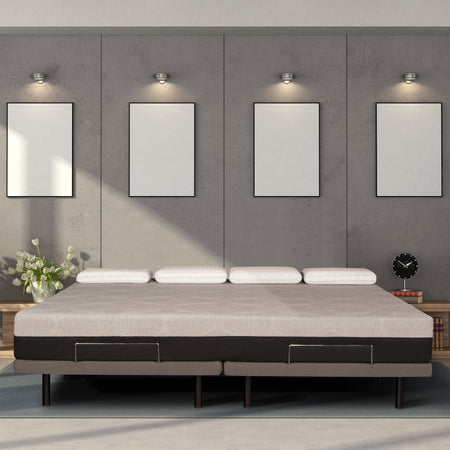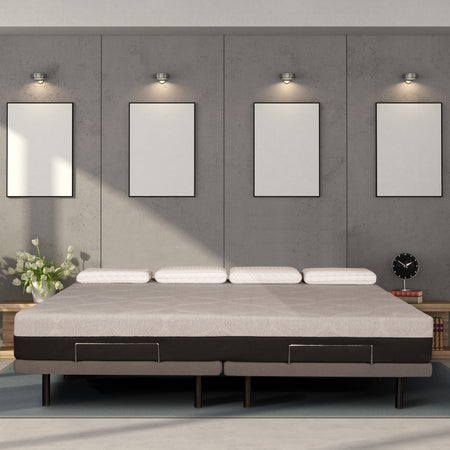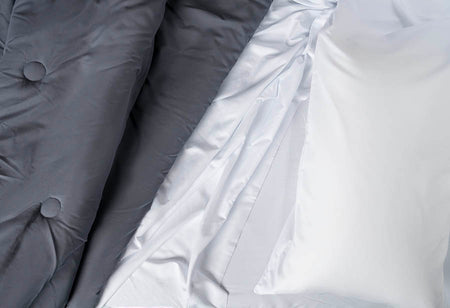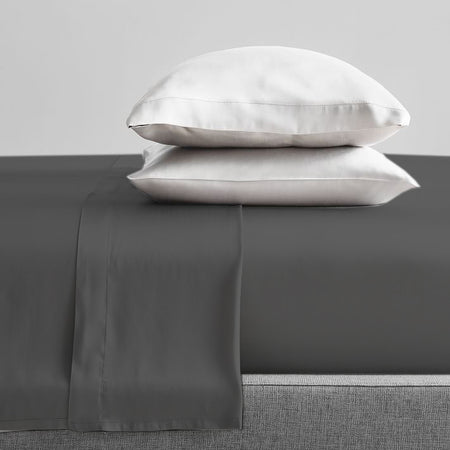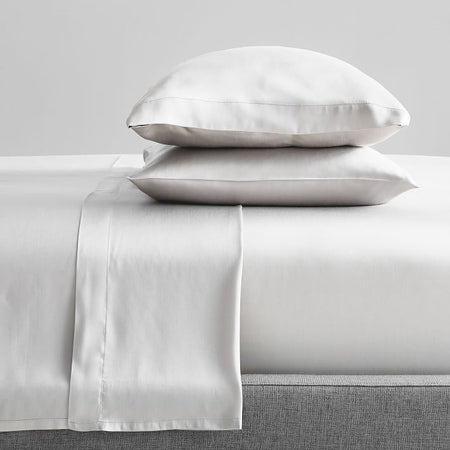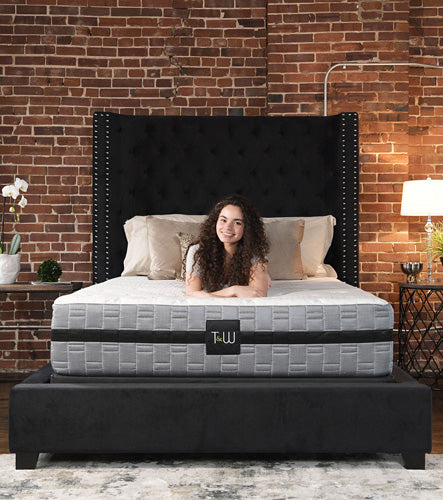The results are in. We have the receipts. Getting enough high-quality sleep is essential to our physical and mental health. Period. No one can be sure when or how we became careless about sleep, but we must come to our senses. Sleep deprivation and poor sleep can catch up to all of us, regardless of age.
Conditions Linked to Poor Sleep
According to the Centers for Disease Control and Prevention, insufficient sleep has been connected to several chronic diseases:
Diabetes
Insufficient sleep is a contributing factor to an increased risk for the development of type 2 diabetes. The amount and quality of sleep are considered predictors of Hemoglobin A1C levels. This is recognized as an essential marker of blood sugar. In addition, type 2 diabetes can itself be a contributing factor to a list of other conditions with severe consequences.

Cardiovascular Disease
In simple terms, people with sleep apnea have an increased risk of high blood pressure, stroke, coronary heart disease, and cardiac arrhythmias (irregular heartbeats).
Obesity
The majority of Americans are obese are laboratory research has found that poor sleep results in metabolic changes that may be linked to obesity. This has been reported in all age groups and is particularly pronounced in children. Morbid obesity has increased among our population.
Depression
“The interrelatedness of sleep and depression suggests it is important that sleep sufficiency of persons with depression be assessed and that the symptoms of depression be monitored among persons with a sleep disorder.”
Decreased Alertness and Irritability
This one is no surprise, but it’s worth a reminder. Nothing getting a good night of restful sleep affects us during our waking hours, and there’s no such thing as catching up on sleep.

Harvard Medical School Tips to Improve Sleep
In case you’re wondering about which sleep tips you should follow, you might want to trust the folks at Harvard Medical School:
- Limit Your Intake of Alcohol, Nicotine, and Caffeine
It may seem that alcohol helps you fall asleep, but a few hours later, it acts as a stimulant increasing the number of times you wake up and generally decreasing the overall quality of your sleep. So drink responsibly and along with these other chemicals, refrain from using them for four to six hours before your regular bedtime.
- Create a Sleep-Friendly Bedroom
Keep things dark, cool, and quiet. Keeping things dark seems obvious, but you’d be surprised at how much of a difference blackout shades can make. Depending on whether or not your bedroom faces the morning sun can be important, especially limiting the amount of screen time close to bedtime.
Blue light from your cell phone is especially harmful to our sleep circadian rhythms. Turn your thermostat done a few degrees during sleep hours. Many people choose from a variety of “white noise” to help them fall asleep. Whichever you choose, be sure to keep it at a low volume. Research shows we sleep better and longer when the room is cooler than usual.
- Wind Things Down
Establish a routine well before it’s time to go to bed and follow it consistently. A consistent sleep schedule will help signal your mind and body that it’s time for bed. Practice relaxation techniques a few hours before bedtime.
Avoid stress and if you tend to take your problems to bed, try writing them down so you’re not ruminating on them at night. Whatever you wrote down will still be there in the morning.
- Wait Until You’re Truly Tired
Lying there waiting and waiting to fall asleep can be frustrating and counterproductive. Set a time limit for yourself. Suppose you’re not asleep in 15 to 20 minutes. Try reading something boring or listening to soft music until you’re tired enough to fall asleep.

- Clock-Watching Gets You Nowhere
Do not become a slave to the clock. Constantly checking to see how long it’s taking you to fall asleep will make things worse. It’s okay if it takes you a little longer or less to fall asleep. There’s no need for precision.
- Exercise Early
Busy work schedules can make this challenging so do your best. The more time you can put between your exercise and your sleep, the better.
- Tail-Off Your Fluid Intake
Both Harvard and the Mayo Clinic, as well as all major health institutions, stress the importance of staying well-hydrated. Shift this earlier in the day, so you do not have to go to the restroom unnecessarily. This is especially true if you start drinking more fluids for health reasons.
- If You Nap, Nap Early In the Day
Nap early, or don’t nap at all. Naps can be helpful but not if you’re taking them too close to your usual bedtime.
- Rely On Relaxation Techniques
This doesn’t have to be anything mystical, magical, or complicated. Whether you focus on your breathing, recite a mental list of what you’re thankful for, or try flexing and relaxing your muscles, starting with your toes and moving up, it all can work.
Foods naturally rich in melatonin have been proven to help us fall asleep more quickly and sleep more soundly. Unroasted nuts, especially walnuts, have a higher level of melatonin and are easily accessible.
Tart cherries are high in anti-inflammatory content. Eggs and fatty fish are also good for your sleep. Finally, a small glass of warm milk (yes, just like your parents told you) is beneficial before bed.

Why Your Mattress Matters
- Mattresses don’t last forever. Ten years is about the time when many mattresses can diminish their level of performance.
- In the past few years, high-tech has revolutionized the kind of support and comfort even the pickiest sleeper can expect from a mattress.
- Match your sleeping position to your mattress. When it comes to pressure relief, some mattresses perform better for back sleepers and while others are designed to contour to stomach sleepers. Hybrid mattresses combine the best memory foams of varying densities and specially designed coils for lasting support.
- An adjustable mattress and matching bed frame can solve some of the most frustrating challenges for those too uncomfortable for conventional mattresses.
Do your research. There are more options available today than ever before. Take the time to find out which works best for you. The easiest way to do this is to find a trustworthy sleep expert.


